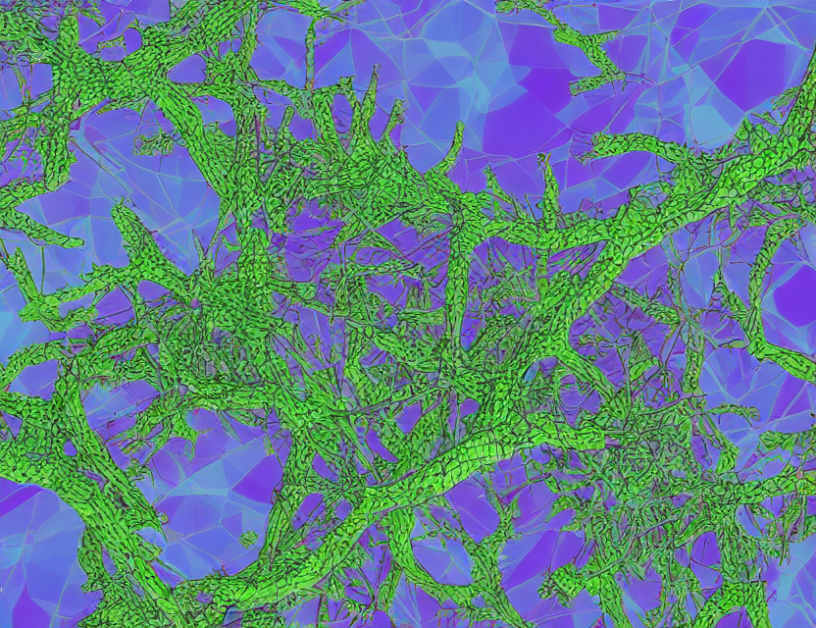Imagine a world where you could quickly and easily segment cells in a petri dish, without the need for tedious manual annotation. That’s what the researchers behind CellMixer set out to achieve with their novel approach to weakly supervised semantic cell segmentation. By leveraging augmentation techniques and machine learning algorithms, they developed a method that can accurately separate cells in a mixed culture without requiring manual labels.
Methodology
The CellMixer team starts by creating a composite image of the mixed cell culture using microscopy images. This image is then used to train a semantic segmentation model, which is able to distinguish between different types of cells based on their visual features. To improve accuracy, the model is trained on multiple images, each with a mix of different cell types. The resulting composite image serves as a robust training set for the model, allowing it to learn the subtle differences between cells without relying on manual annotations.
Results and Discussion
The CellMixer method was tested on several datasets containing mixed cell cultures, and the results were impressive. In each case, the model was able to accurately segment the different cell types, outperforming traditional methods that rely on manual annotation. The team also found that their approach can handle overlapping cells, which is a common challenge in cell segmentation tasks.
Conclusion
In conclusion, CellMixer offers a powerful tool for semantic cell segmentation, allowing researchers to quickly and accurately identify different types of cells in mixed cultures without the need for manual annotation. This approach has important implications for various fields, including biomedical research, drug development, and regenerative medicine. By democratizing access to cell segmentation tools, CellMixer has the potential to accelerate scientific progress in these areas, ultimately leading to better treatments and therapies for a variety of diseases.



